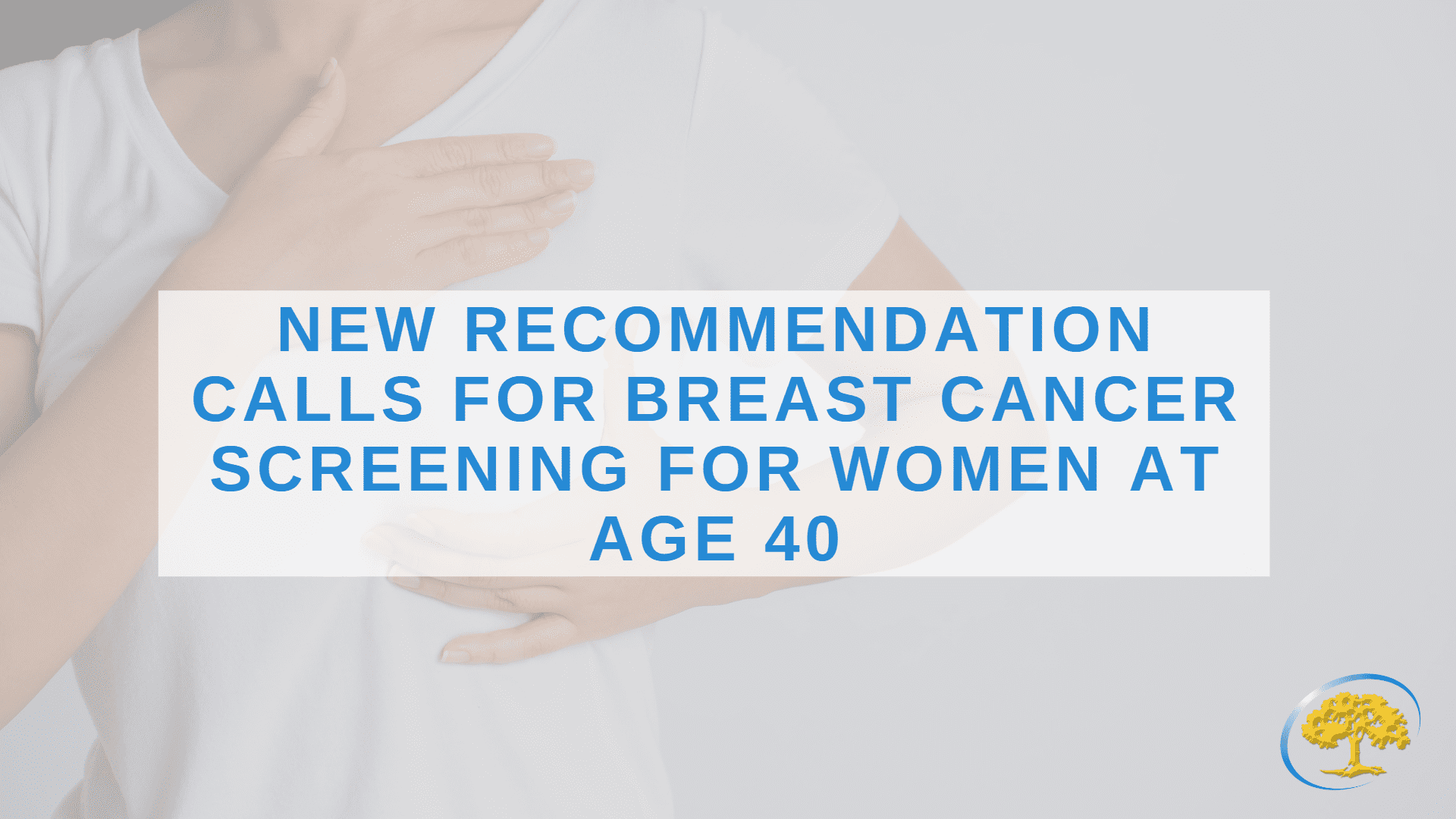
Posted 1 year ago
New Recommendation Calls for Breast Cancer Screening for Women at Age 40
The U.S. Preventive Services Task Force (Task Force) has recently made important updates to breast cancer screening recommendations, and we’re here to break it down for you. The Task Force now advises that all women, regardless of gender identity, should get screened for breast cancer every two years starting at age 40. These changes are aimed at improving early detection and saving more lives.
In the past, the Task Force suggested that women in their 40s decide for themselves when to start screening, based on their health history and preferences. However, with new research findings about breast cancer in people under 50, the Task Force now recommends universal screening for all women starting at age 40. This change could potentially increase the number of lives saved by up to 19 percent.
Breast cancer affects different populations in unequal ways, with Black women being particularly vulnerable. Black women are 40 percent more likely to die from breast cancer compared to White women, and this is something the Task Force wants to change. They are calling for further research to understand the reasons and find ways to eliminate them. The draft recommendation emphasizes the importance of fair and equal follow-up care after screenings, as well as timely and effective treatment for breast cancer.
To make progress in breast cancer screening, several critical areas require additional research. One important focus is addressing health disparities experienced by different ethnic groups, including Black, Hispanic, Latina, Asian, Native American, and Alaska Native women. Research should aim to ensure fair follow-up care after screening and timely, effective treatment for breast cancer, especially among those facing disparities due to racism, limited access to healthcare in rural areas, low income, and other factors.
Another area that needs attention is studying the benefits and potential risks of screening and treatment for women aged 75 and older. Limited research is available for this age group, and understanding the balance of benefits and harms as women age is crucial.
Additionally, nearly half of all women have dense breasts, which increases their risk of breast cancer and may affect the accuracy of mammograms. Therefore, more studies are needed to explore how more screening methods such as breast ultrasound or MRI can enhance early detection for women with dense breasts.
The recent draft recommendation by the U.S. Preventive Services Task Force represents a significant change in breast cancer screening guidelines. These recommendations mark an important step forward in the fight against breast cancer, prioritizing early detection and equitable healthcare for all women.
